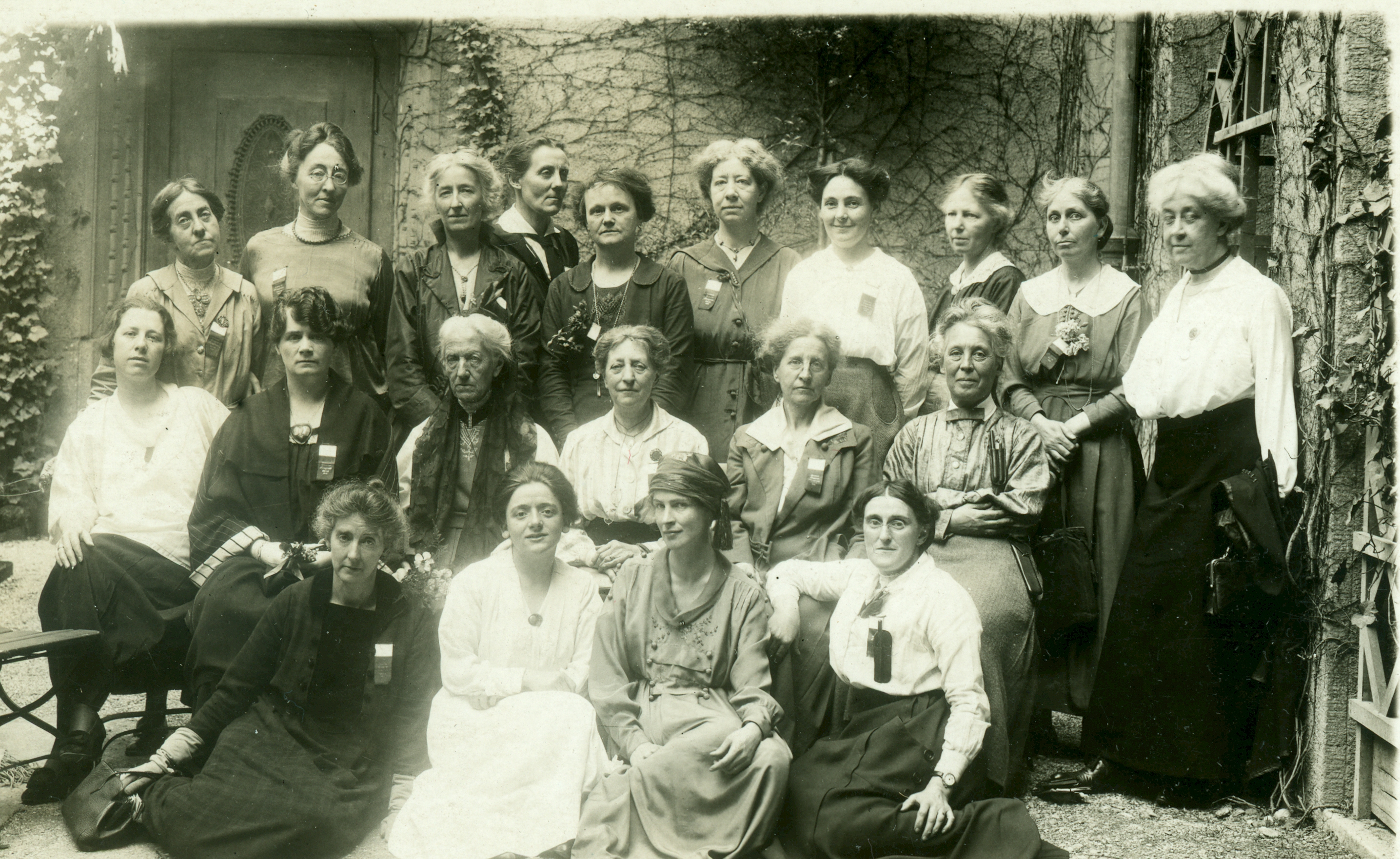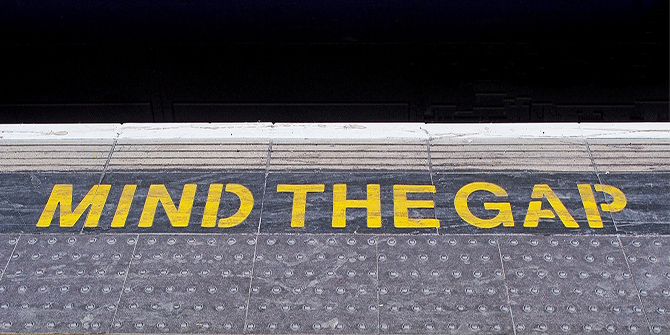What does being a leader mean today? Atul Shah argues that leadership has become a symbol of individual power and has lost its true meaning, that is, welfare of the whole community. He makes the case for leaders learning from multiple world views and adopting diversity as the way toward success.
If I ruled the world, I would transform the thinking and behaviour of leaders. Leadership today is often seen as a prize, an opportunity to maximise private gain and increase personal status and power. This is a recipe for disaster.
In many ancient cultures, leadership was seen as a huge civic responsibility, handled with the greatest care and compassion, and success was measured in terms of the improvement in welfare of the whole community. And often this community included not just humanity, but nature and animals too. Leaders took pleasure from giving and not taking, from serving and not dominating, from sincerity and not falsehood. Leadership was seen as a humbling act where the highest accountability was to one’s inner soul and spirit. Mahatma Gandhi lived very simply, was never arrogant in spite of his huge intelligence and empathised deeply with the pain and suffering of his people. We need to revive such role models.
Love not fear, should be the leading emotion. Today’s leaders seem to be very insecure and constantly try to keep their power and position. This behaviour invokes selfishness rather than selflessness. The thirst for power breeds further fear and insecurity. Also leaders often revel in their power over others, and distance themselves from the weak and the marginalised. Equality is far from their minds and actions, and exploitation high on the agenda. This is not sustainable. And the personal values also explain why corporate investment in diversity training, recruitment, strategy and culture change is abysmal relative to the benefits and the urgency. Evidence shows that leaders have significant power and influence, and resist change as far as possible as it would force them to re-examine their own attitudes and behaviour.
The science and wisdom of leadership is diverse and should not be monopolised by one culture or world-view. It is very important that leaders recognise the existence of other cultures and patterns of behaviour in this global interdependent world and interact with them instead of suppressing differences or hiring the same colleagues. And they should not expect everyone to think and behave in the same way, but instead understand and recognise differences, and even allow the possibility that in some areas, other cultures and wisdoms may be superior to their own.
The modern world provides us with a unique opportunity to learn from other cultures and world-views, and implement diverse policies in the running of our organisations. We urgently need leaders with borderless minds, who are keen to stretch their thinking and horizons by engaging with people and ideas which are different from their own. Creativity and innovation are the lifeblood of successful leadership, and cultural diversity in the management team is critical to effective leadership.
Given the huge inequalities of modernity, leaders need to be contented and aim to improve the triple bottom line of economy, society and environment through their actions and decisions. Their thinking and action needs to be holistic and not selfish or exclusive. Challenge should be welcomed in the boardroom, and not marginalised or suppressed. It should be seen as a way of building a robust team which mitigates against adverse risks and obsessive behaviour or indulgence. Difference is a window to innovation, and the world out there should be reflected in the boardroom. Difference should be seen as an opportunity and not a threat.
Above all, leaders must engage with the timeless wisdom of the Universe and try to live by it.
 Dr. Atul K. Shah is trainer and consultant at www.diverseethics.com and author of ‘Boardroom Diversity – The Opportunity’.
Dr. Atul K. Shah is trainer and consultant at www.diverseethics.com and author of ‘Boardroom Diversity – The Opportunity’.




